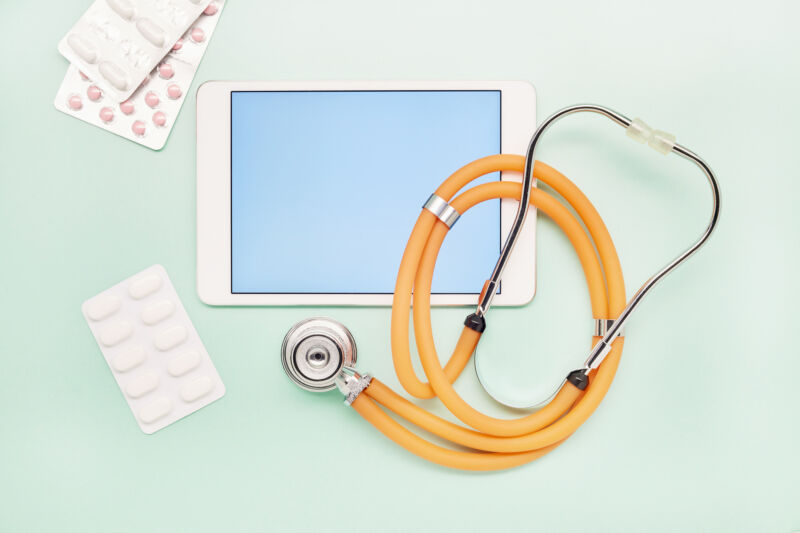-
 chevron_right
chevron_right
US prescription market hamstrung for 9 days (so far) by ransomware attack
news.movim.eu / ArsTechnica · Friday, 1 March - 21:59

Enlarge (credit: Getty Images)
Nine days after a Russian-speaking ransomware syndicate took down the biggest US health care payment processor, pharmacies, health care providers, and patients were still scrambling to fill prescriptions for medicines, many of which are lifesaving.
On Thursday, UnitedHealth Group accused a notorious ransomware gang known both as AlphV and Black Cat of hacking its subsidiary Optum. Optum provides a nationwide network called Change Healthcare, which allows health care providers to manage customer payments and insurance claims. With no easy way for pharmacies to calculate what costs were covered by insurance companies, many had to turn to alternative services or offline methods.
The most serious incident of its kind
Optum first disclosed on February 21 that its services were down as a result of a “cyber security issue.” Its service has been hamstrung ever since. Shortly before this post went live on Ars, Optum said it had restored Change Healthcare services.








